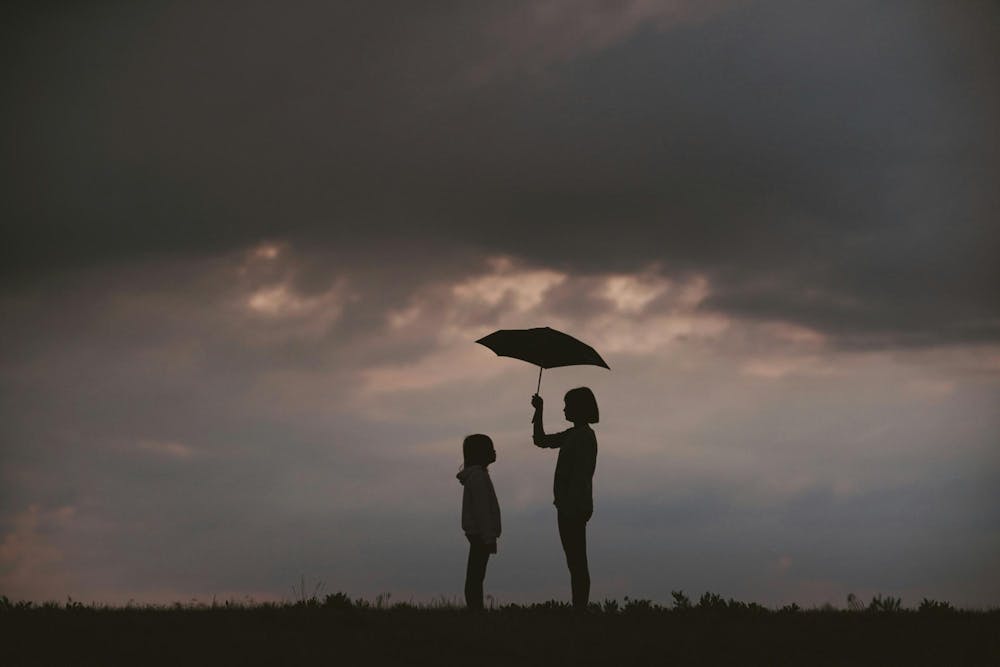There are very few things that we can faithfully argue that every human being that has ever lived has experienced. Throughout every history and every empire, present in every society and every isolated hermit, lived throughout countless stories and laughs, heartbreaks and sacrifices, quenched flames and boundless oceans. Let us seek them out, so we can understand what truly connects us, shall we?
Every human that has been, must have lived.
Indeed, that shall be our definition of being and precisely what we are here to analyze. Still, we ought not to forget how we are henceforth delimiting the grand majority of the possibilities by using human existence as criteria. The human existence is but one of infinite modes of experiencing the world. We will never know how a tree feels, how a spider or whale reasons, what a cat sees when they peer into a mirror. We could never subjectively comprehend the inherent strings of the quantum nor the blazing stars above us.
Nevertheless, we know precisely — as imprecisely of an art as it is — what it is like to be a human. It is all we have ever known, and all we ever will.
Every human that has been, must have predecessors.
Ultimately, we all have had parents. Perhaps good ones, perhaps bad ones, perhaps unknown ones. But they were, and they were human too. We originate, a caused effect, and become members of the ledger of billions of genealogies.
The tree of human history blossoms with our blood. Trace the branches and trunk and roots for long enough, and you will find a common ancestor to every single person you have met in your life. Keep tracking on, downwards the evolutionary line, and you will find a common ancestor to every single animal as well.
Continue the generational journey to an unknown extent, and you will find a way to link with the bacteria on your eyeballs, the roses on the road, the dirt between your toes. Connected the world is in a tale of being. And amidst it all, nescient of the forest surrounding us, lay we.
Every human that has been, must have possessed a time.
Naturally, our times — brief as they are — most rarely coincide, yet we all have one. We are temporal creatures, who rise and fall a sprouting beginning with its due end. Light comes in, illuminates surroundings, casts shadows and then departs, permitting the forever night to dominate.
Every human is a timely finite entity who witnesses the apparently eternal processes of the universe; thus we writhe, incompatible with the timely infinite. But as we twist and turn, our minds incognizant, whether terrified or enamoured by the fading colors of the sunset, we are never alone. Why, it is the most common experience of them all.
Every human that has been, must have consumed.
Energy is conserved, within and beyond us. We devour others, amassing might in our vessels. We function in an equivalent exchange, a zero-sum game: for us to be something else must not. We eat, we drink; we take from our surroundings and, as a result, we transform and return it in our own form.
Yet, as we take, we too can give. A doctor can heal the ill, a mother can nurse their child, a friend can return the smile. Creatures of kineticism, entities of energy who mold and reshape the world: it is up to us how much we will claim, and how much we will return.
It is most strange, the idea of our connected existence. Despite the apparent differences in every regard, we are nevertheless a single thing. Though that does not owe anyone any particular respect, as we are all equal, it does attribute a certain dignity. It is not a matter of expecting something from others de facto, but whatever sacred thing we have, they have too. These are the things we share. These might be the only things that matter.
Every king, every rich woman, every great poet or inventor, every murderer and every saint, every poster in LinkedIn, every parent and grandchild, every figure of authority and every victim of suicide: we all defecate, we all bleed, we all die. Likewise, we all dream, we all come from somewhere and will go elsewhere, in our due time, taking and giving what’s ours.
Thus, what are we?
I speak not of you or I as individuals, but of the human entity we belong to.
What kind of thing is it? A group. Groups are defined by the shared features of its constituents.
What features do we all share, without excluding one of our members? Biological creatures, belonging to the genus Homo. But is that the end of the story? Is there anything more, or are we merely romanticizing? Do we know of any other biological creature that romanticizes the way we do? Does it really matter? The lines of human and the rest of the universe begin to blur once we realize: none of the things listed before are uniquely human, are they?
So connected are we with all else, yet so distinct. Not so dissimilar from every individual in the human genus, we who differ so but are nevertheless one. So incongruent, so paradoxical — so human.
Carlos A. Basurto is a senior at Notre Dame studying philosophy, computer science and German. He's president of the video game club and will convince you to join, regardless of your degree of interest. When not busy, you can find him consuming yet another 3-hour-long video analysis of media he has not consumed while masochistically completing every achievement from a variety of video games. Now, with the power to channel his least insane ideas, feel free to talk about them further at cbasurto@nd.edu.










